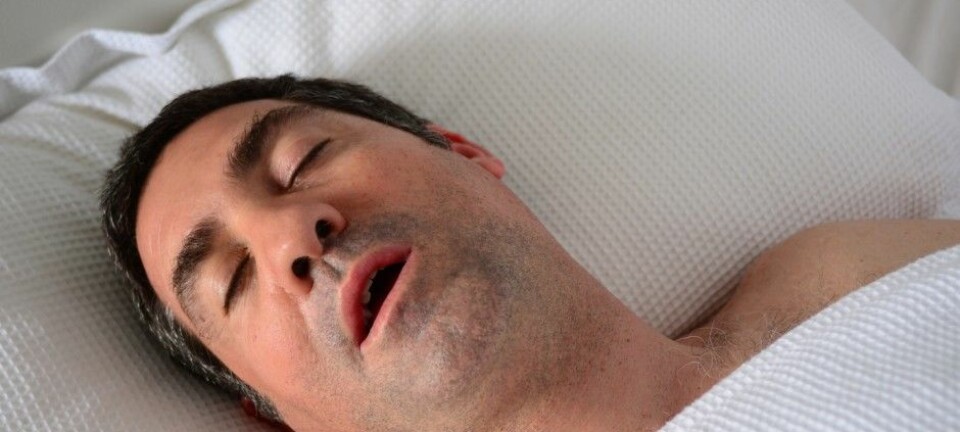
Is it bad to sleep in on the weekends?
A large study suggests that a few extra hours of sleep on the weekend are probably not detrimental to your health.
When it comes to sleep, many studies suggest you should use the Goldilocks rule: don’t sleep too little or too much. The best approach, from a health perspective, is to sleep just the right amount, although the amount of sleep people need is different from person to person.
A comprehensive review of sleep needs published in 2015 showed that the average normal adult needs between six and nine hours of sleep a night.
But if you don’t manage to get enough sleep during the week, can you make up for this deficit by sleeping longer on weekends?
A large Swedish study that asked this question has found that there may be some benefits to getting a little more shuteye on the weekend.
Nearly 40,000 subjects
The researchers used information from nearly 40,000 people who participated in a long-term study between 1997 and 2010. In a follow-up, researchers determined which of the participants had died during this period and the cause of death. They found that more than 3,000 participants had died over the 13 years of the study. The most common causes of death were cardiovascular disease and cancer.
Study participants had also responded to a questionnaire about their sleep habits, with questions on how long they typically slept during the week or on weekends, and what they considered a normal night’s sleep to be for them.
The researchers combined this information with the mortality information they had collected to see if there were any patterns or trends.
A little sleep on the weekends
There were many different sleep patterns among the subjects. Some slept just a little (defined as under five hours) on both weekdays and weekends, while others slept less on weekdays but more on weekends. Many also slept about the same length each night.
The group with the highest mortality rate compared to the reference group (which averaged about seven hours of sleep every night) were those who slept less than five hours a night on both weekdays and weekends.
However, people who slept less during the week and then had a good night's sleep on the weekend had about the same mortality as the reference group.
The researchers interpret this as meaning that we can make up for lost sleep on the weekend, although they don’t have concrete proof for their finding.
Some weaknesses
The researchers adjusted their statistical analysis for factors that could affect the results, such as gender, BMI, education, smoking, alcohol use and many other factors.
But the study has some weaknesses. One of the biggest is that the researchers relied on participants themselves to report the amount of sleep they got, so it’s impossible to know if the numbers are accurate.
Another weakness is that participants only answered one questionnaire during the research period, so that the analysis cannot show how participants’ sleep patterns changed over time.
The researchers also note that more work is needed to establish a clear connection between "making up for lost sleep" on the weekend and potential health effects.
-------------------------------------
Read the Norwegian version of this article at forskning.no.




